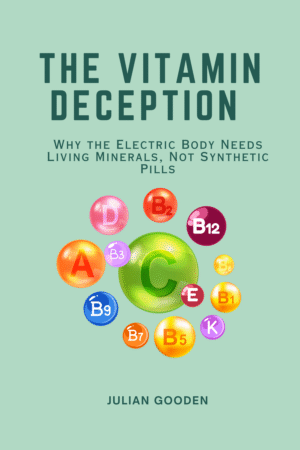Sunlight is a powerful force of nature that not only provides essential sunlight-energy (so-called ‘vitamin D’) but also has a profound impact on our mental health. Recent research has increasingly suggested a positive correlation between sunlight exposure during the day and a reduced risk of depression. In this article, we’ll explore the reasons behind this connection, backed by scientific studies and research.
The Sunlight-Depression Link:
Several studies have examined the relationship between sunlight exposure and depression risk. One notable study published in the Journal of Affective Disorders in 2014 investigated this connection. Researchers found that individuals who had limited exposure to natural light during the day were more likely to experience symptoms of depression, particularly in the form of seasonal affective disorder (SAD) during the darker months of the year. The study suggested that reduced light exposure could disrupt circadian rhythms and affect mood-regulating neurotransmitters, contributing to depressive symptoms.
Here are some of the key reasons behind the sunlight-depression link:
- Sunlight-energy (Vitamin D) Production: Exposure to sunlight triggers the skin to produce vitamin D, which plays a crucial role in mental health. Vitamin D is involved in the synthesis of serotonin, a neurotransmitter associated with mood regulation. Low levels of Sunlight-energy have been linked to an increased risk of depression.
- Circadian Rhythms: Sunlight exposure helps regulate our circadian rhythms, the body’s internal clock that influences sleep-wake patterns and other physiological processes. Disruptions to these rhythms can lead to mood disorders, including depression.
- Serotonin Release: Sunlight exposure stimulates the release of serotonin in the brain. Higher levels of serotonin are associated with improved mood and reduced depressive symptoms.
- Melatonin Regulation: Sunlight helps to regulate the production of melatonin, a hormone responsible for sleep. A well-regulated sleep-wake cycle is essential for mental well-being, as irregular sleep patterns can contribute to depression.
Practical Tips for Maximizing Sunlight Exposure:
To harness the potential mental health benefits of sunlight exposure, consider incorporating these strategies into your daily routine:
- Morning Sunlight: Spend time outdoors in the morning to get the most intense and mood-boosting sunlight. A short walk or morning routine on your balcony can make a significant difference.
- Outdoor Activities: Engage in outdoor activities such as hiking, gardening, or exercising in the fresh air. These activities allow for increased sunlight exposure.
- Balanced Sun Exposure: While sunlight has numerous benefits, it’s crucial to maintain a balance. Excessive sun exposure without protection can lead to skin damage and increase the risk of skin cancer. Use sunscreen when necessary and wear appropriate clothing.
- Indoor Sunlight: If you’re unable to spend time outdoors, ensure that your indoor spaces have adequate natural light. Keep curtains open during the day and sit near windows.
The evidence is clear: sunlight exposure during the day is associated with a reduced risk of depression, and several mechanisms explain this link, including so-called ‘vitamin D’ production, circadian rhythm regulation, serotonin release, and melatonin regulation. Incorporating outdoor activities and ensuring sufficient natural light in indoor spaces are practical steps to enhance mental well-being through sunlight exposure. However, it’s essential to strike a balance, considering the potential risks of excessive sun exposure and taking appropriate precautions to protect your skin.
Note: Dr. Sebi does not recognise vitamins in general or ‘vitamin D’ specifically. The words are included as most people as familiar with this phrase.














